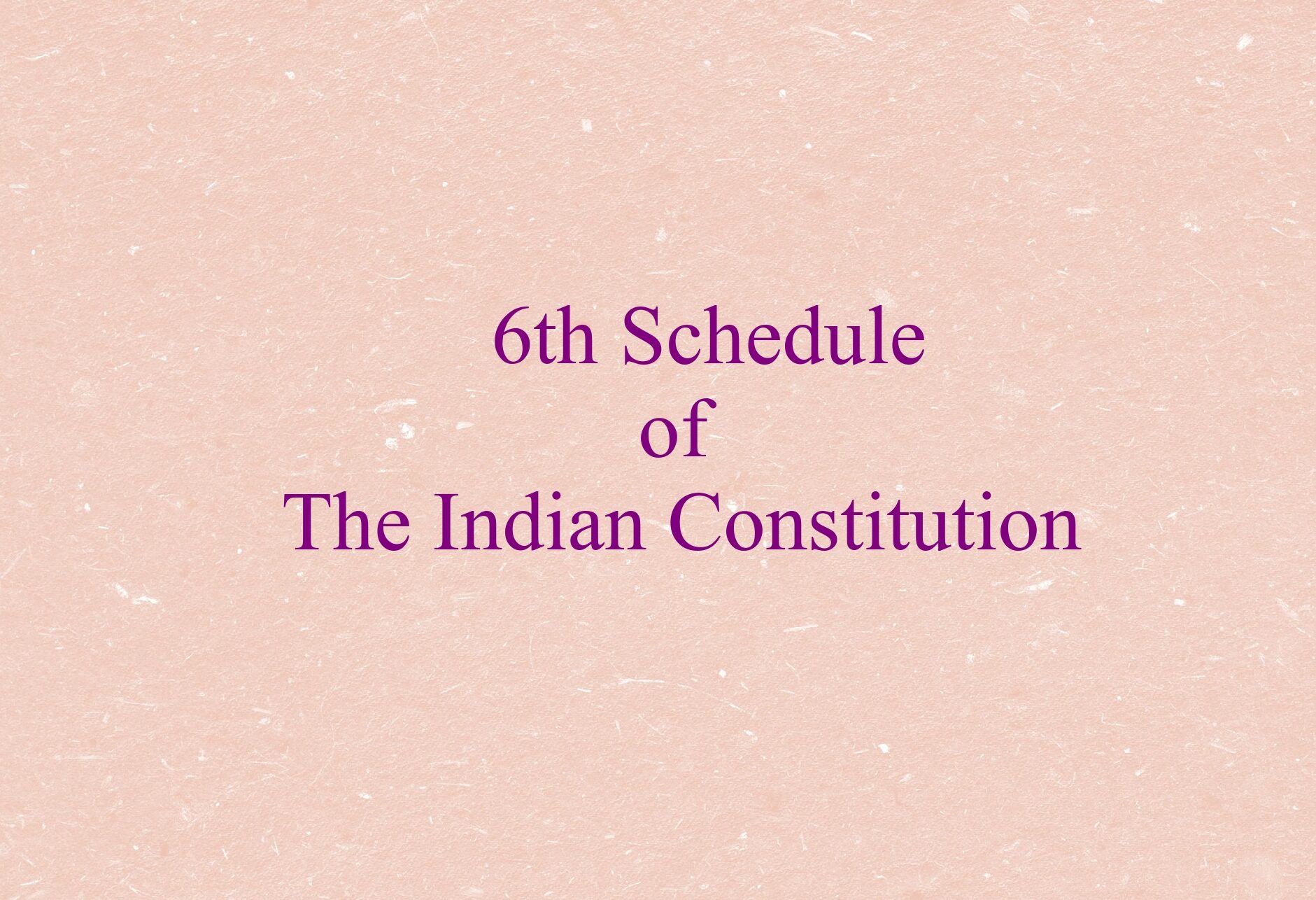Interest Groups
Contents
Interest Groups also called as advocacy groups are the group of people organized actively for promoting and defending their common interest. They do not themselves try to form a government but they influence the decisions of government. When an interest group seeks governmental aid in achieving its own ends and achieve success in influencing governmental policy to its advantage, then it becomes a pressure group.
Every interest group has the following elements:
- Organized group of people
- Common Interest
- Exercise influence on decisions of govt.
Here, exercise includes lobbying, correspondence, publicity, propaganda, petitioning, public debating, etc. (legitimate methods).
Interest group tries to influence the government, some hire lobbyists to make their case for them, some take to the streets to hold rallies or start petitions, some groups let money do the talking and donate to politicians and some take airwaves and social media to get noticed.
Special Interest Group
An organization of individuals with shared ideas and attitudes who plan to influence public policy. In simple words, special interest groups are people who have similar ideas on certain issues, who get themselves together and try to influence public policy. Special interest is an important part of how our government works when we as ordinary citizens have something that we are very interested in what we want to influence our elected officials to speak on our behalf when you get enough people together they start forming groups and they start having a lot more power.
Public Interest Group
Public interest groups can be described as those groups promoting agendas that are potentially beneficial to the general public or at least to a wider community than the membership of the organization. Thus, for example, if an air quality-related public interest group is successful in its different policies and activities, the gain accomplished cleaner air is available for the public at large, not merely to the group’s members.
Groups of public interest are those groups that aim to serve the interests of the broader segment of society. Any common or general interests of people are reflected by them. The public interest group, for example, is an association that advocates for the interests of disadvantaged people. The aim of the public interest community is to combat the injustices taking place in society. They also fight for the interests of oppressed communities.
Types of Interest Groups and Examples
Institutional Interest Groups
These groups composed of professionally working individuals are formally coordinated. These organizations include political parties, governments, armies, bureaucracies, etc. They are part of the machinery of government and seek to exercise their influence. If such an agency raises protests, it does so by legislative means and in accordance with the rules and regulations. Examples: IPS Association, IAS Association, Association of the State Civil Services, etc.
Association Interest Groups
These are coordinated expert groups formed to express interests, but to follow minimal objectives. That includes trade unions, businessmen’s and industrialists’ organizations, and civil society organizations. Trade Unions such as AITUC (All India Trade Union Congress), Bengal Chamber of Commerce and Industry, Indian Chamber of Commerce, Teachers Associations, Students Associations such as National Students Union of India (NSUI), etc. are some examples of Associational Interest Groups in India.
Anomic Interest Groups
We mean a more or less spontaneous breakthrough from society into the political system by anomic interest groups, such as protests, marches, assassinations, and the likewise.
Non-Association Interest Groups
These are the national, geographical, status, and class groups of kinship and lineage groups that express preferences on the basis of individuals, families, and religious heads. Such groups have an informal system. These include classes of castes, language groups, etc.
Economic Groups
The most popular form of the interest group is the economic group, which seeks some kind of economic gain for its members. In capitalist societies, money has considerable control, so economic interest groups are numerous and strong. These organizations are typically well-financed because, in hopes of achieving greater political power and benefit, participants willingly contribute money.
Private commodities are obtained by economic classes, which are advantages that only members of the community can enjoy. For example, when a labor union agrees to a deal, its members profit from the contract, while non-union members do not. People can opt not to participate if there is no strong private opportunity (especially if there is a membership fee or dues). Four major forms of economic groups are business groups, labor groups, farming groups, and professional associations.
Business Groups
Business groups are the most prominent category of advocacy groups; over half among all registered lobbyists work with business organizations. For a particular company, certain business lobbyists operate, lobbying exclusively for that business. In order to support all of their interests, businesses often form alliances with companies from the same sector. For example, the Federation of Indian Chamber of Commerce and Industry (FICCI), Associated Chamber of Commerce and Industry of India (ASSOCHAM), Federation of All India Foodgrain Dealers Association (FAIFDA), etc.
Labor Groups
Labor movements are unions working to raise salaries and improve working conditions for both professional and unqualified workers. There is very little control for individual workers, however, banded together, they may exert considerable impact. For example, Indian National Trade Union Congress (INTUC), Hind Mazdoor Sabha (HMS), Bharatiya Mazdoor Sangh (BMS), All-India Trade Union Congress (AITUC).
Professional Groups
Many professionals have structured associations that set specific guidelines for the practice, control procedures and promote standards of behavior. Professional groups also lobby the government on issues relating to their field. For example, the All India Federation of University and College Teachers (AIFUCT), Indian Medical Association (IMA), Bar Council of India (BCI).
Agricultural Groups
Agricultural associations represent farmers’ interests. For decades, farmers have been structured to defend themselves against price fluctuations and other problems. The growth of peasant groups in India was largely due to the displacement of the Zamindari System, Panchayati Raj implementation, land reform initiatives, the Green Revolution Movement. All India Kisan Sabha, Bharatiya Kisan Union are examples of agricultural groups in India.
Students Organizations
Before Independence and after Independence, the student organizations in India have served as interest groups. They try to pressurize government policy on various main issues; their issues, activities are not only limited to topics of education. Some of the student organizations are Akhila Bhartiya Vidyarthi Parishad (ABVP), All India Students Federation (AISF), National Students Union of India (NSUI).
Community Associations
In addition to these, in India, there are numerous community organizations. On the basis of caste, class, and faith, these community groups are organized. Backward Caste Federation, Scheduled Caste Federation, etc. are some forms of caste organizations. Some organizations such as Vishwa Hindu Parishad, Christian Conference of Northern and Southern India, etc. are among other organizations representing interests.
Functions and Role of Interest Group
The function of the interest group is indirect, typically invisible and sporadic, and yet a very important component of the system of administration. The rise of trusts and monopolies and the battle over tariffs led to these being established. Behind the parties, it’s a breathing culture. The position of these groups is as critical as that of a political party that exists in any country.
Together, political parties and interest groups play a significant role in the power struggle of a nation. Leadership, management skills, mass media, the economic power base, and mobilization strategies decide their ability. In addition, they use techniques of lobbying, attack, strike, demonstration, financing political groups, party forums, etc. Even though the position of the interest group is indirect, several critical administration activities are facilitated.
Interest Groups Shortcomings
Misuse of power: instead of using pressure groups to control the electoral process, they become vehicles and implements to subserve political desires.
Extremism propagation: Interest groups may allow too much control from non-elected radical minority groups over the government, which could lead to unpopular consequences in turn.
Narrow selfish interests: Unlike interest groups in the developing countries of the West, these groups are grouped around religious, regional, and ethnic problems in India, where they are invariably organized to protect economic, social, cultural interests, etc. The socio-economic interests are eclipsed by several time variables of caste and religion. The outcome is that, instead of playing a valuable role in the democratic administrative process, they are confined to acting with specific egoistic interests.
Instability: There is no independent life of most interest groups; they are dysfunctional and lack dedication, their loyalties change with political circumstances that endanger general welfare. They also resort to unlawful means, such as assault. One such example is the Naxalite movement in West Bengal, which began in 1967.
Conclusion
The presence of a community is now, amid considerable criticism, an essential and helpful feature of a democratic system. These groups cultivate national and personal interests and form a connection between people and the government to communicate. They provide the information necessary to hold the nation alive politically.
Democratic politics must be politics today by consultation, dialogue, and a certain amount of negotiation. Without the interest groups, this would not occur. Society has become extremely complicated and a person can not follow their interest on their own, for this, they need an interest group. These are so important that they are not limited to the needs or any form of government of developed or developing nations.







